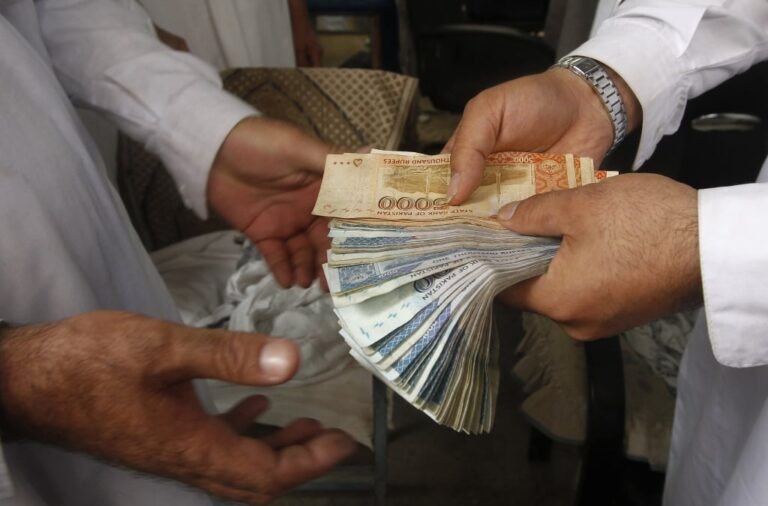LAHORE:
The Punjab government has introduced sweeping reforms to its tax system through a new finance bill presented to the provincial assembly on Monday. A major feature of the bill is a strict penalty regime targeting businesses that refuse to accept digital payments, with fines reaching up to Rs1 million.
The bill also transitions the Punjab Sales Tax on Services (PSTS) regime from a “positive list” to a “negative list” system under the Punjab Sales Tax on Services Act 2012. This change aligns with global best practices and is expected to significantly expand the tax net. Under the new approach, only services explicitly listed in the negative list will be exempt from PSTS, meaning all others are taxable. A total of 26 service categories have been placed on this negative list.
Despite reducing its revenue estimates from Rs471 billion to Rs421 billion for FY25, the Punjab government has set an ambitious target of Rs524.7 billion in provincial tax revenues for FY26.
The proposed penalty for refusing electronic payments is substantial. Any person declining payments made via debit or credit cards, mobile wallets, or QR codes may face a fine of up to Rs1 million. The first violation will carry a minimum penalty of Rs400,000, with each subsequent violation costing no less than Rs300,000. In cases of three such violations, the business premises may be sealed for up to one month.
Additionally, the bill proposes enhanced penalties for non-compliance with the Electronic Invoice Monitoring System (EIMS), further reinforcing the government’s move toward digitised documentation and payment systems.
Beyond these enforcement measures, the amendments introduce several technical reforms. These include limiting input tax adjustment to the standard tax rate, requiring apportionment of input tax adjustments for composite services based on tax rates, and clarifying tax liability division between withholding agents and service providers in company-to-company transactions.
Among the 26 services on the negative list and exempt from PSTS are public healthcare services provided by federal, provincial, or local governments, including doctor fees and hospital bed charges. Also exempt are cosmetic or reconstructive procedures performed exclusively for acid or burn victims.
General education services and education offered by public institutions are also exempt. Public transport, government-run postal and courier services (limited to government departments), and registration services (such as for passports or ID cards) are included in the negative list. Religious, cultural, and recreational services provided by the government – such as sports clubs, parks, museums, zoos, botanical gardens, and gyms – are tax-exempt.
Services provided by developers, builders, and promoters are exempt only if linked to government-sponsored affordable housing schemes or private housing schemes notified by the Punjab Housing and Town-Planning Agency (PHATA) under the relevant rules of 2020.
Also exempt are services provided by registered religious or charitable institutions and international NGOs approved by the federal government (subject to FBR exemption). Insurance services limited to marine insurance for exports and crop insurance also fall under the negative list.
Construction-related services, including water, gas, sanitation, electrical, mechanical, and turnkey projects, are exempt. Personal care services like salons, beauty parlours, spas, and slimming clinics are exempt only if their premises are not air-conditioned at any point in the fiscal year. Other exempt services include those provided by tour operators and travel agents for Hajj, Umrah, or Ziyarat, as well as air travel originating from Punjab for Hajj, Umrah, diplomats, and flight crew.
Storage services are tax-exempt if related to agricultural produce stored for personal consumption. Photography and videography services provided by individual non-corporate operators working from roadside shops are also included.
Diplomatic missions and residential rentals are fully exempt. Services involving execution of work contracts and supply arrangements, advertising via radio and TV, and diagnostic tests strictly for medical treatment are exempt as well. Toll or job-based manufacturing, classified advertisements in print media, and currency exchange services provided by licensed foreign exchange dealers are also in the negative list. Lastly, port and terminal operator services, including bonded warehouse operations at airports, seaports, and dry ports, are exempt from sales tax under the new framework.

